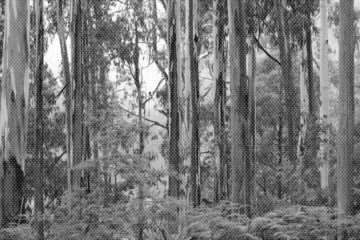In the midst of an extinction crisis, our problematic invasive species are big winners in the federal budget.
The 2024 budget was a missed opportunity, with no new funding to tackle fire ants or feral cats or to prevent imminent extinctions. Invasive species are a primary driver of extinction, habitat degradation and biodiversity loss in Australia, and the accelerating losses will impact every Australian.
We were disappointed to see the lack of funding for nature, perpetuating the failed status quo of underfunding our environment and biodiversity.
Upon being elected, environment minister Tanya Plibersek committed her government to ‘no new extinctions.’ Unfortunately, this commitment is seriously at risk. The Yalmy galaxias from alpine rivers in Victoria, and the Maugean skate in Tasmania are next in the extinction firing line.

The budget also follows the disappointing announcement of deferring EPBC Act reforms that are long overdue and desperately needed, with no timeframe in sight for fixing what previous independent reviews have called ’broken’ legislation. The last comprehensive review of the Act by professor Graeme Samuel was completed in 2019, outlining its critical flaws and failings and a set of essential reforms needed. 5 years later, we are still without environmental laws that are fit for purpose and work to protect our threatened species and communities.
The 2024 budget has not provided sufficient or targeted funding to achieve the minister’s commitment.
The Australian government announced a package of budget measures to increase funding to the biosecurity system. There are some small increases to air passenger taxes, and small goods import charges. However the most controversial component is the $50 million per year Biosecurity Protection Levy, a charge on agricultural producers who are the beneficiaries of the system. This levy is unlikely to proceed given the lack of support in the Senate.
Unfortunately environmental biosecurity is absent from these announcements and languishes within the Agriculture portfolio as a low priority — receiving a tiny fraction of the funding allocated to trade and agricultural biosecurity priorities.
Lyall Grieve is Conservation and Biosecurity Analyst for the Invasive Species Council









